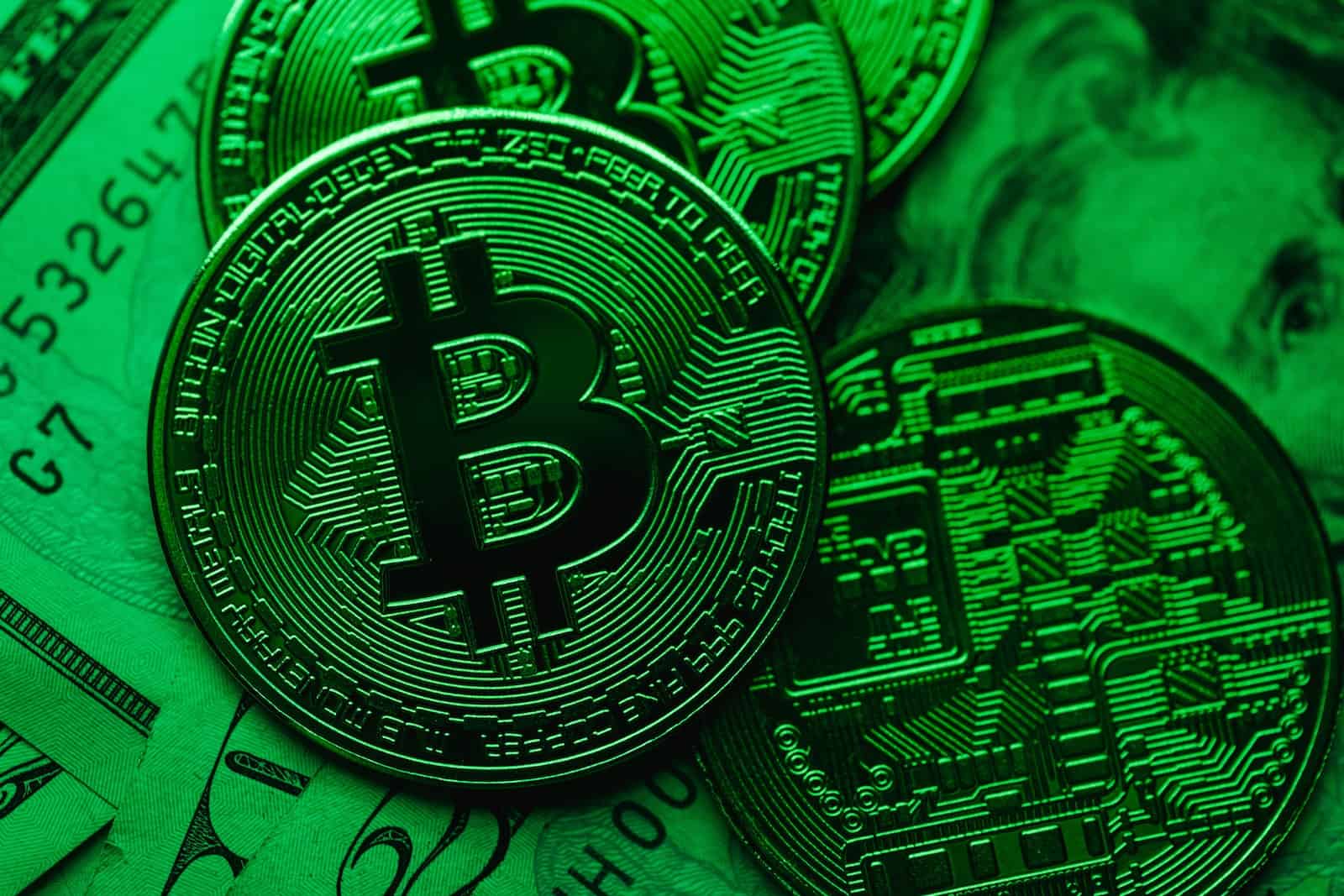Table of Contents
- An introduction to Bitcoin:
- Why is Bitcoin regarded as money, and what exactly is money?
- The Uses of Bitcoin as an Interchange Medium:
- How Bitcoin Retains Worth as a Store of Value:
- Decentralization: A Special Aspect of Bitcoin:
- Trust and Adoption of Bitcoin Worldwide:
- Potential for Bitcoin to Upend Conventional Banking Systems:
An introduction to Bitcoin:
A person or group using Satoshi Nakamoto’s moniker established the decentralized digital currency Bitcoin in 2009. Peer-to-peer technology like Bitcoin enables quick and secure value transactions without using intermediaries like banks. The blockchain is a public record that is transparent and unbreakable and used to track transactions. Since its launch, Bitcoin has received significant acceptance and recognition. As a result, many other cryptocurrencies—also known as altcoins—have been created. Despite its wild price fluctuations, Bitcoin remains the market leader in cryptocurrencies and draws interest from both people and institutions. In addition, you can become a better trader by using a reputable trading platform like bitindexai.
Why is Bitcoin regarded as money, and what exactly is money?
Money is a medium of exchange that enables individuals to exchange goods and services. Money can appear in various ways, tangible objects like coins and paper currency or digital representations like credit card payments and bank account balances. Something must be able to perform three essential tasks to qualify as a workable form of money: act as a medium of trade, a store of value, and a unit of account. Because Bitcoin satisfies these three requirements, it is becoming increasingly accepted as a payment method. It has been shown to hold its value over time and is used as a unit of account to describe the value of goods and services by many businesses and people worldwide.
The Uses of Bitcoin as an Interchange Medium:
The fact that Bitcoin may be used as a means of exchange is one of the primary justifications for its classification as money. This implies that individuals can transact with one another using Bitcoin to buy and sell products and services. Because Bitcoin is decentralized, transactions can be completed without intermediaries like banks or payment processors. Instead, individuals can utilize their Bitcoin wallets to send and receive money directly to and from one another. Investing in Bitcoin through a reputable and trustworthy trading platform can allow investors to take advantage of Bitcoin’s potential advantages while reducing some of the dangers and difficulties associated with directly holding and trading the cryptocurrency.
How Bitcoin Retains Worth as a Store of Value:
The ability of money to act as a store of value is another crucial function. The ability to save money and hold onto it over time enables people to maintain their wealth and purchasing power. Despite its infamous volatility, Bitcoin has proven through time that it can function as a store of value. In addition, Bitcoin may be less susceptible to inflation than conventional forms of money, which can be subject to the whims of central banks and governments due to its finite quantity and deflationary nature. The price of bitcoin might change drastically in the short term, but it has tended to rise and appreciate over the long run.
Decentralization: A Special Aspect of Bitcoin:
Bitcoin’s decentralized nature is one of the primary characteristics that distinguish it from conventional means of payment. Without the use of central authorities or intermediaries, Bitcoin is a peer-to-peer network. This means that the Bitcoin network cannot be controlled or manipulated by a single person or organization and that the blockchain, a public distributed ledger, records all transactions. This increases the security and censorship resistance of the Bitcoin network. Additionally, it implies that people who might not have access to conventional banking systems or might be subject to capital controls or limitations may find Bitcoin more accessible. Nonetheless, many who value privacy, security, and independence find Bitcoin to be a desirable option due to the advantages of decentralization.
Trust and Adoption of Bitcoin Worldwide:
Growing acceptance and confidence among individuals and organizations worldwide is one of the main drivers behind Bitcoin’s ascent to popularity as a form of money. Once regarded as a specialized or speculative asset, Bitcoin has acquired universal acceptance as a legitimate method of payment and investment. There are a rising number of Bitcoin ATMs and exchanges worldwide, and many shops and businesses now accept Bitcoin as payment. Also, significant financial institutions and businesses are embracing Bitcoin and other cryptocurrencies more and more, which has aided in growing their legitimacy and credibility. Yet, there are still a lot of detractors and skeptics of Bitcoin who are concerned about its hazards and long-term viability.
Potential for Bitcoin to Upend Conventional Banking Systems:
The potential of Bitcoin to upend established financial organizations and processes is among its most exciting features. Bitcoin eliminates the need for intermediaries like banks and payment processors by functioning on a decentralized peer-to-peer network, which can speed up, reduce cost, and increase the security of transactions. Also, Bitcoin has the potential to increase financial inclusion for those who might need access to conventional banking systems or might be burdened by exorbitant costs. Although there are risks and difficulties associated with the disruption of established financial institutions, some of these include regulatory ambiguity, security issues, and the potential for market manipulation.
